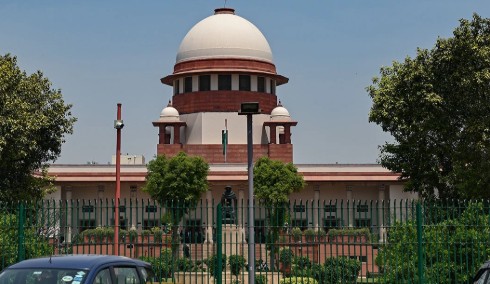
New Delhi: The Supreme Court has ruled that secretly recorded conversations between spouses can be admitted as evidence in matrimonial cases. The court stated that if spouses are snooping on each other, it indicates that the marriage is not healthy, and such recordings can be used in court proceedings.
A bench consisting of Justice B V Nagarathna and Justice Satish Chandra Sharma overturned a verdict by the Punjab and Haryana High Court, which had previously held that such secret conversations were protected under Section 122 of the Evidence Act and could not be presented in court. The Supreme Court restored the order of the trial court, allowing recorded conversations to be considered during matrimonial disputes.
The court directed the family court to proceed with the case while taking the recorded conversations into account. It emphasized that the act of recording each other’s conversations is itself proof that the marriage may be under strain and can be used as evidence.
Section 122 of the Evidence Act states that married individuals are not compelled to disclose communications made during marriage to their spouse. The case originated from a Family Court decision in Bathinda, where the husband was allowed to rely on a CD of phone call recordings with his wife to prove cruelty. The wife challenged this, arguing that the recordings were made without her consent and violated her privacy rights.
The high court had preferred the wife’s argument, ruling the evidence inadmissible because the recordings were made secretly. However, Justice Nagarathna disagreed, asserting that such snooping reflects a breakdown of trust and is a sign that the relationship is fragile, thus making those recordings relevant and allowable in court.
A detailed judgment from the Supreme Court is still awaited.
